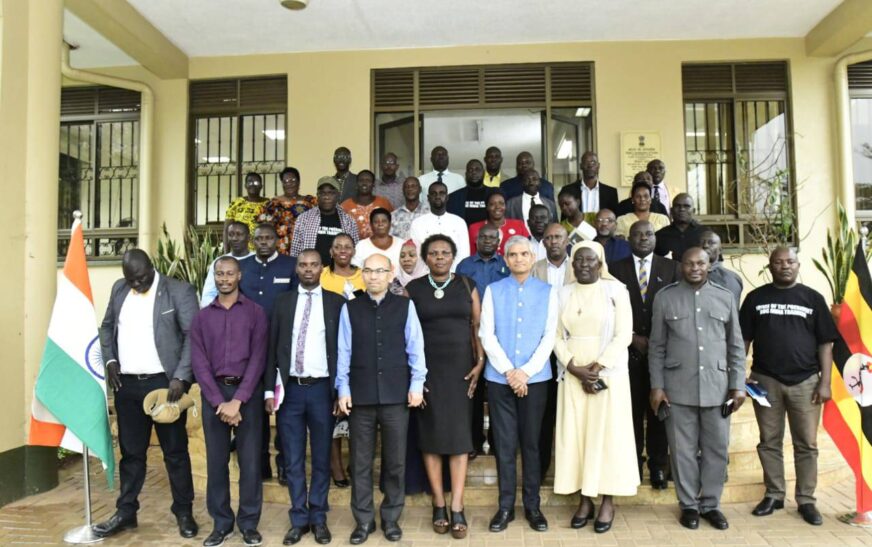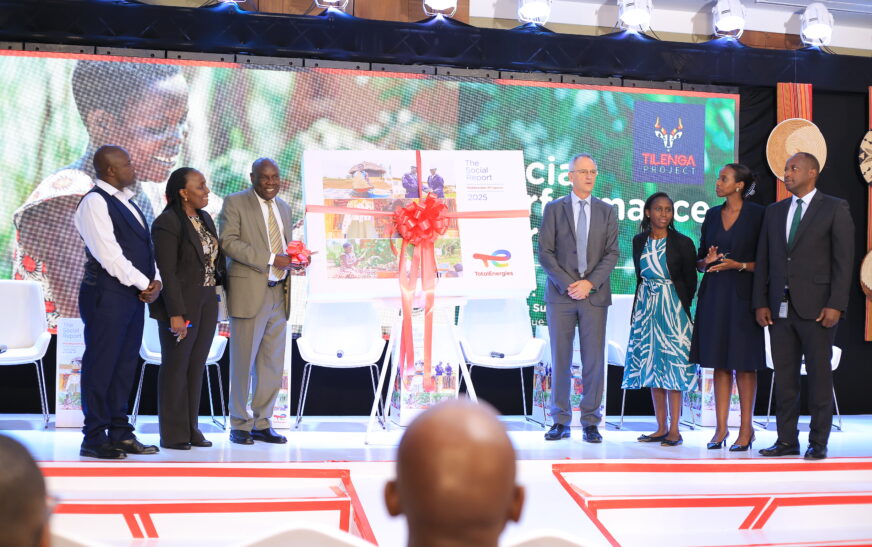Held this week in Addis Ababa, Ethiopia, the Africa Climate Summit marks a key milestone on the road to COP30 in Brazil. It presents an opportunity for Africa to position itself as a leader in developing solutions to the water and climate crisis.
With weather-related disasters such as floods and droughts increasing by 400% over the past 50 years, pressure on vital water and sanitation systems has intensified dramatically. The Summit brings together countries that have contributed the least to climate change but are among the most severely affected.
Reacting to the Addis Ababa Declaration, Moreblessings Chidaushe, Pan Africa Programme Advocacy Manager at WaterAid South Africa, said: “Today’s declaration demonstrates a real commitment from governments across the continent to come together and invest in targeted, effective climate action. This is essential for addressing the water and climate crisis and for securing lives and livelihoods. It’s clear that Africa is not only on the frontline of climate impacts, but also at the forefront of developing and accelerating innovative solutions to tackle them.”
Chidaushe continued:“ Ahead of COP30, African governments have united with a clear and urgent message: the world must step up. High-income countries are increasingly shirking responsibility for climate finance and demonstrating a lack of political will.
Almost 1 in 10 people globally still lack access to clean water close to home — and climate change is making this worse. Access to clean water is the backbone of climate action. It ensures girls can stay in school, families remain healthy, and communities become more resilient to climate shocks.”
“Now, global leaders must listen to the voices and calls made at the Africa Climate Summit and take urgent action at COP30 to tackle the water and climate crisis. No one can adapt to a world without clean water.”
To coincide with the Summit, WaterAid released new data showing that 90% of respondents from Ghana, Kenya, Nigeria, and South Africa are concerned that climate change will affect their children’s future. Additionally, 99% believe that having access to clean water close to home is critical to coping with the impacts of the climate crisis.





















